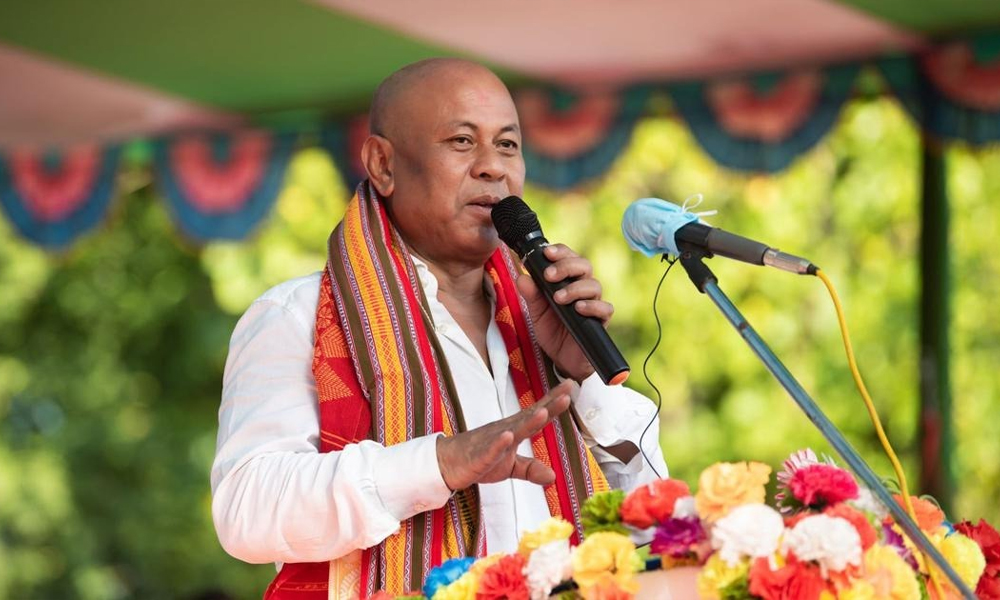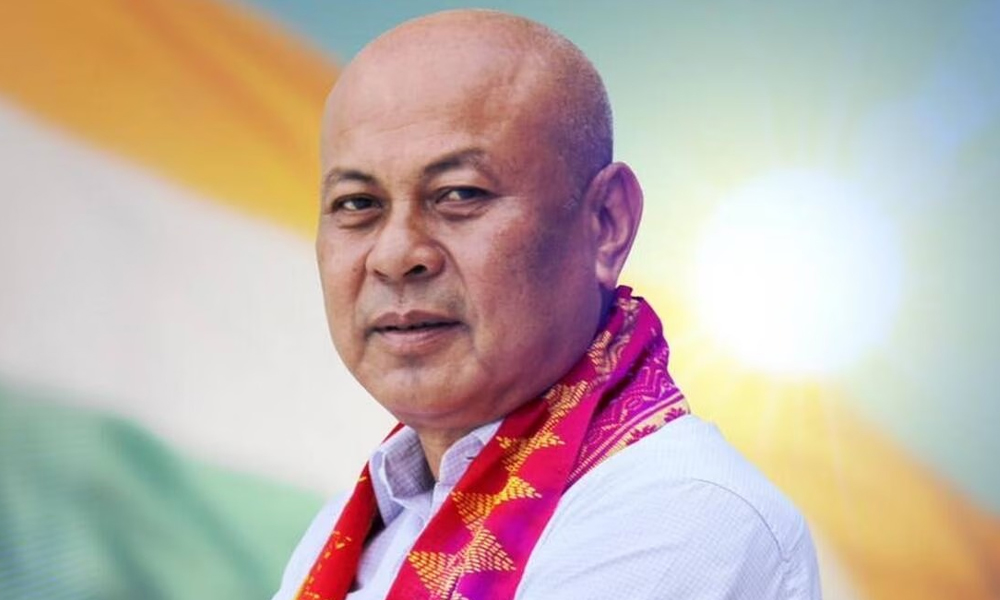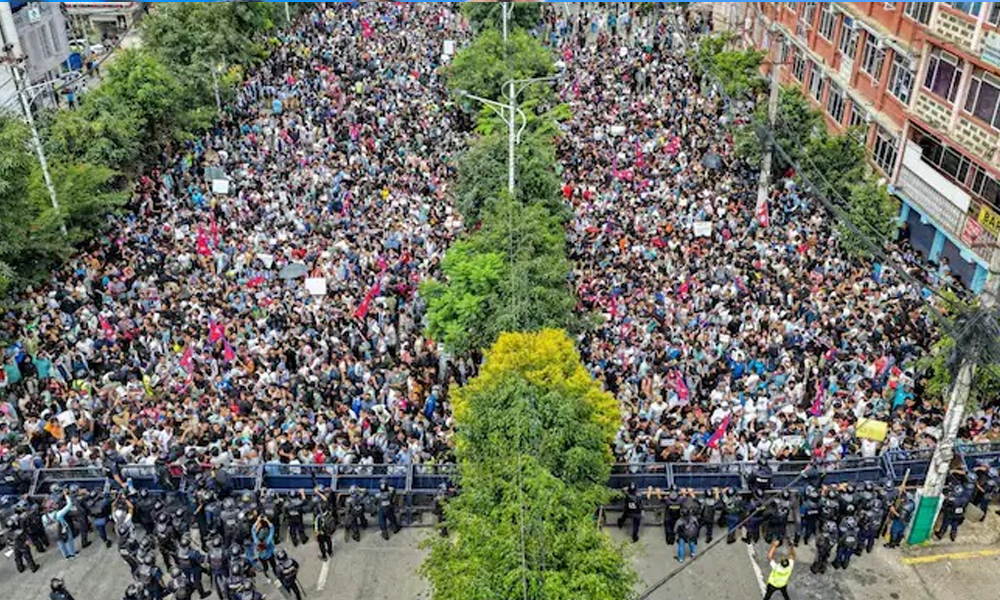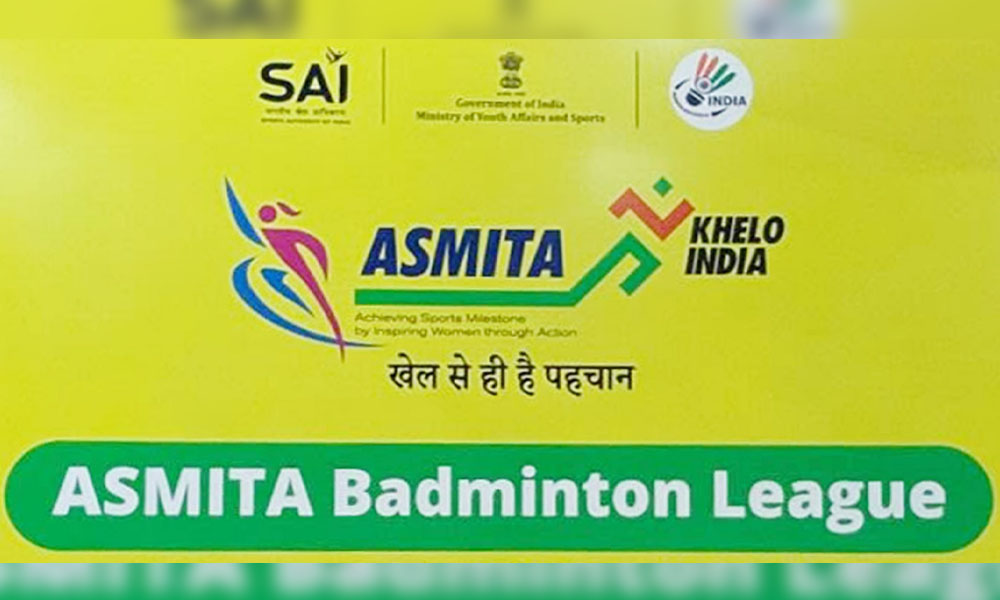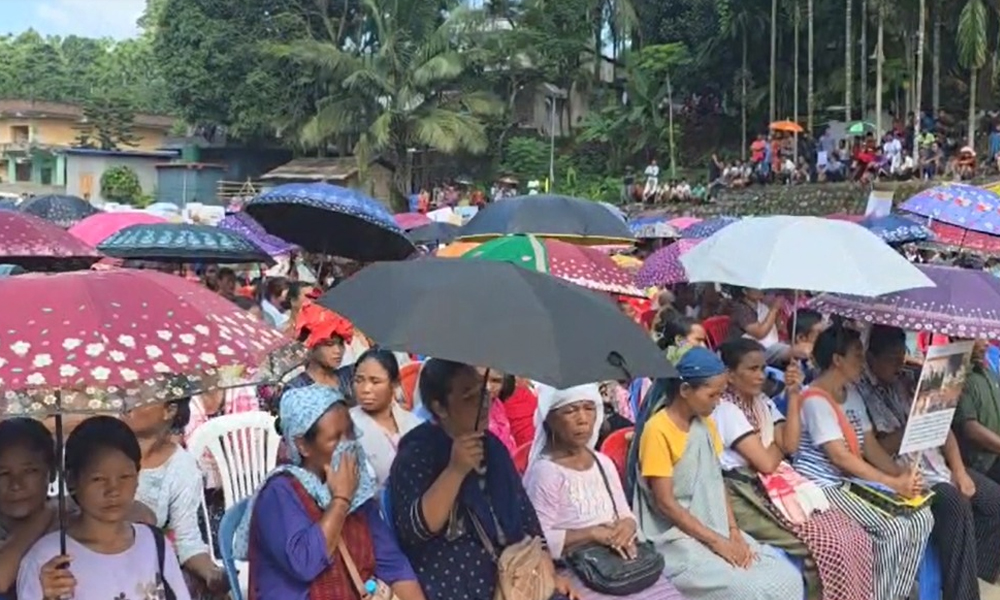The Supreme Court of India banned building on private land in the corridors in April 2019. Following investigations, however, 22 unlawful buildings were discovered, with only one being dismantled so far.
Digital Desk: According to a Supreme Court-appointed central empowered committee, the Assam government is not doing enough to conserve nine wildlife corridors in and around the Kaziranga National Park and Tiger Reserve. The committee instructed the state administration to speed up the destruction of illegal constructions in these corridors to ensure the movement of wild animals in a meeting on March 4 with Assam authorities led by chief secretary Jishnu Barua. On March 10, the meeting's details were made public. Even though nine wildlife corridors have been identified, the state government has yet to establish their limits, which span 44.2 kilometres and are needed to follow the top court's April 2019 judgement, according to the committee. The nine designated wildlife corridors are located along NH-37, which runs through KNPTR and Nagaon, Golaghat, and Karbi Anglong East districts. During the yearly monsoon flooding of KNPTR, wild animals from the park across the highway migrate to the hills on the other side. Several animals are hit by vehicles while attempting to cross the roadway and move to safer ground through the corridors. KNPTR authorities have imposed speed limits on the stretch of highway that runs through the park in recent years to prevent wild animals from being hit by automobiles. "Traditionally, long-range animals have followed the same way from one landscape to the next," the expert panel stated. "As a result, barring these routes and offering alternate corridors will not accomplish the goals." The group recommended that the state government relocate existing cafes, parking lots, and other structures as soon as possible and acquire land on either side of the national highway near the national park. The panel was surprised that, rather than accepting a report on corridor demarcation submitted by an Assam government committee in 2019, the state government reassembled the committee and added two ministers, both of whom were elected from constituencies around Kaziranga. "The reason for reconstituting the committee is not understood," the committee remarked, "particularly given that the (previous) committee's duty was not to identify the corridor but to designate the borders of the nine identified corridors cited in the April 2019 SC judgement." During the discussion, Chief Secretary Barua promised to supply the panel with details about actions conducted in animal corridors in contravention of the court's ruling and images of the structures. He also agreed to supply the names and contact information of the person who approved the construction. Barua also agreed to provide details on actions taken to prevent construction in the corridors, officers responsible for enforcing the guidelines, copies of notifications to form the two delineation committees, notices issued for the demolition of illegal constructions, and steps taken to develop parking lots and amenities for visitors outside the eco-sensitive zone of Kaziranga and outside the outer limits of the nine animal corridors. In a March 4 report to the committee, Barua conceded that the state has had difficulty executing the highest court's orders prohibiting construction on private land within the corridors due to complaints by local inhabitants who were not granted a resettlement plan. The state government was considering buying all private properties in the corridors to build a "wildlife-friendly and environmentally compliance elevated corridor" spanning a 34-kilometre stretch at the cost of about 6,000 crores to "allow wild animals to move freely." "The observations of CEC have made it clear that the Chief Wildlife Warden of Assam was protecting the unauthorised structures on the animal corridor by offering the misrepresentative document to CEC until the Integrated Regional Office of MOEFCC forwarded the truthful status of the violation to CEC," said environment activist Rohit Choudhury, whose application was the basis for the SC's April 2019 order. Also Read: Rishabh Pant beats Kapil Dev’s record, scores fastest 50 by an Indian in Test cricket


